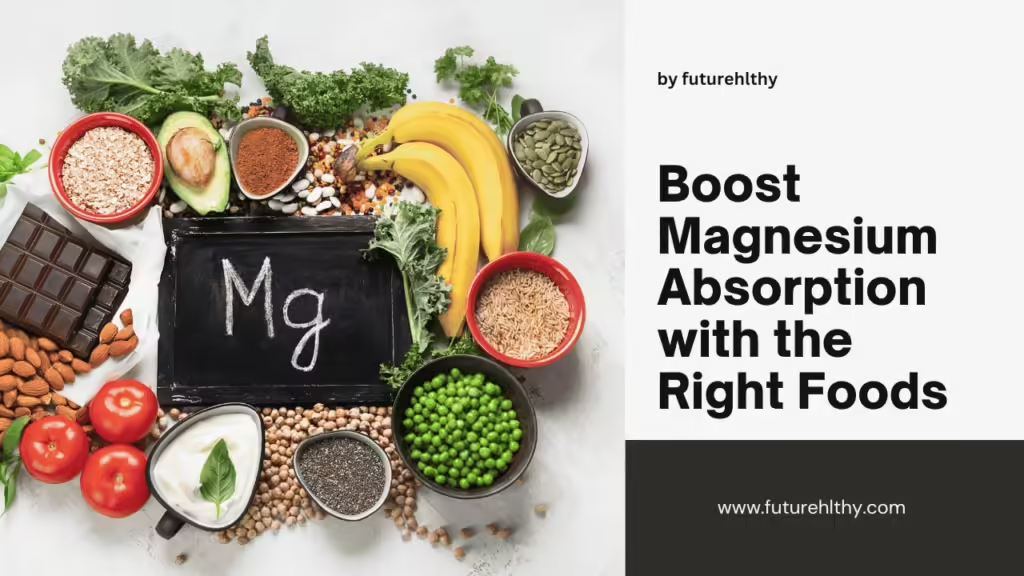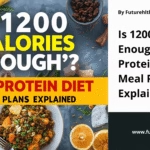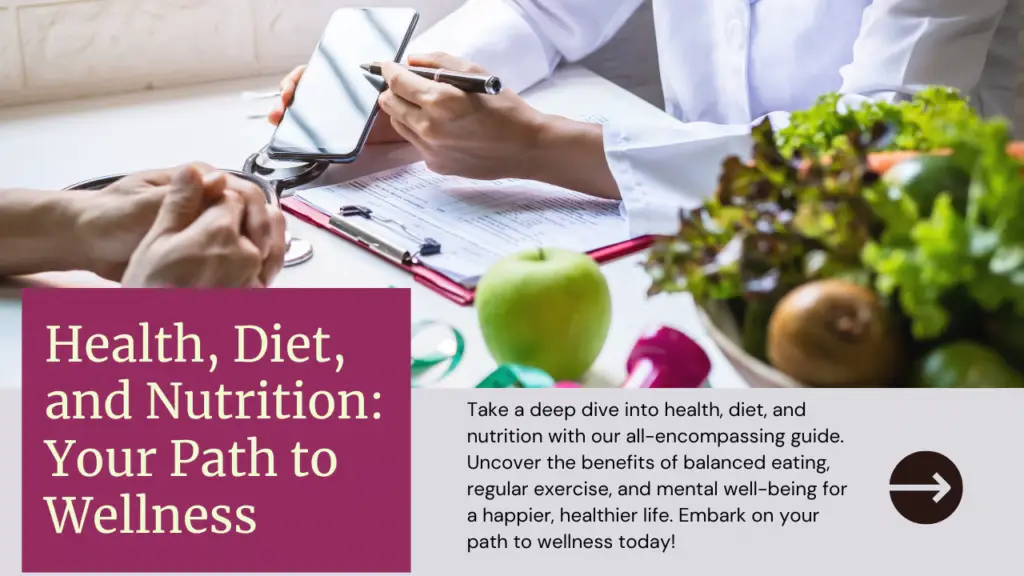Boost Magnesium Absorption with the Right Foods

Magnesium is a key mineral. It helps with muscle function, nerve signals, and heart health. Magnesium also supports strong bones and keeps blood sugar in check. But getting magnesium isn’t enough—you need to absorb it well. Pairing magnesium with the right foods helps your body absorb it better. In this article, we’ll explain why magnesium absorption matters and which foods can boost it.
What is Magnesium and Why is It Important?
Magnesium plays a vital role in many functions of the body. It helps your muscles relax, supports nerve signals, and keeps your heartbeat steady. It also helps make energy and builds protein in the body. Many people don’t get enough magnesium in their diets. This can lead to muscle cramps, fatigue, or mood swings.
To avoid these problems, you need to get enough magnesium from food or supplements. However, even if you take enough magnesium, it won’t help much if your body doesn’t absorb it well. That’s why understanding how magnesium absorption works is so important.
Why Magnesium Absorption Is Key to Better Health
Your body needs to absorb magnesium for it to do its job. If you eat magnesium but don’t absorb enough of it, you could still face issues like muscle pain or tiredness. This happens because magnesium isn’t getting into your cells properly.
Many factors affect how well your body absorbs magnesium. These include the foods you eat, your overall health, and even your age. By eating the right foods and nutrients, you can help your body get more magnesium and avoid problems linked to low magnesium levels.
How the Body Absorbs Magnesium
Magnesium is mainly absorbed in the small intestine. However, not all the magnesium you eat gets absorbed. On average, only 30-40% of the magnesium you consume is taken in by the body.
Certain health conditions can affect magnesium absorption. Digestive problems like Crohn’s disease or celiac disease can make it harder for your body to absorb magnesium. Aging can also lower magnesium absorption. To get the most benefit from magnesium, you need to pair it with the right foods that help your body absorb it.
Best Foods to Improve Magnesium Absorption
Eating certain foods can help your body absorb magnesium better. Here are some of the best choices:
Leafy Greens to Boost Magnesium Absorption
Leafy greens like spinach, kale, and chard are packed with magnesium. They also contain fiber, which helps digestion. The chlorophyll in these greens holds magnesium, making them a great source of this mineral.
Nuts and Seeds for More Magnesium
Nuts and seeds like almonds, pumpkin seeds, and sunflower seeds are high in magnesium. They also have healthy fats that help the body absorb other nutrients. Adding these foods to your meals can improve your magnesium intake.
Whole Grains for Magnesium
Whole grains like quinoa, brown rice, and oats are good sources of magnesium. But some grains have phytic acid, which can block magnesium absorption. Soaking or fermenting these grains can help reduce the effect of phytic acid and improve magnesium absorption.
Foods and Nutrients That Boost Magnesium Absorption
Pairing magnesium with certain nutrients can increase its absorption. Here are some examples:
Vitamin D and Magnesium: The Perfect Pair
Vitamin D helps your body absorb calcium and magnesium. Without enough vitamin D, your body may not absorb magnesium as well. Foods like fatty fish, eggs, and fortified cereals are good sources of vitamin D.
Vitamin B6 Improves Magnesium Absorption
Vitamin B6 helps magnesium enter your cells. Foods rich in B6, like bananas, chickpeas, and potatoes, can help your body use magnesium more effectively.
Protein Helps Magnesium Absorption
Protein helps move magnesium through your body. Including protein-rich foods like chicken, eggs, and beans can help improve magnesium absorption.
Foods That Block Magnesium Absorption
Some foods and substances can prevent your body from absorbing magnesium. Here’s what to avoid or limit:
High Calcium Foods Can Lower Magnesium Absorption
Magnesium and calcium compete for absorption. If you eat a lot of calcium-rich foods, like dairy, your body may absorb less magnesium. It’s important to balance your intake of calcium and magnesium to avoid this.
Too Much Fiber Can Reduce Magnesium Absorption
Fiber is good for digestion, but too much can block magnesium absorption. Foods high in phytic acid, like beans and whole grains, can prevent your body from absorbing magnesium. Soaking or cooking these foods can help reduce this effect.
Alcohol and Caffeine Deplete Magnesium Levels
Alcohol and caffeine increase the amount of magnesium your body gets rid of. Drinking too much alcohol or coffee can lower your magnesium levels. Try to limit your intake of these substances if you’re trying to boost your magnesium levels.
Magnesium Supplements and How to Take Them for Best Results
Magnesium supplements can be a great way to boost your intake if you’re not getting enough from food. But some forms of magnesium are easier to absorb than others.
Different Types of Magnesium Supplements
There are several types of magnesium supplements. Here are some of the most common:
- Magnesium Citrate: This form is well-absorbed and often recommended for people with low magnesium.
- Magnesium Glycinate: This is gentle on the stomach and easy to absorb.
- Magnesium Oxide: This contains more magnesium but isn’t absorbed as well.
- Magnesium Chloride: This type is absorbed quickly and can be used topically or orally.
Best Time to Take Magnesium Supplements
Taking magnesium with food can improve absorption. Pair it with foods that contain vitamin D or healthy fats for the best results. If you’re using magnesium to help with sleep or relaxation, consider taking it about an hour before bed.
The Connection Between Magnesium Absorption and Gut Health
A healthy gut is key for absorbing magnesium. If your gut is inflamed or out of balance, magnesium absorption can suffer. Good gut health means better nutrient absorption overall.
Probiotics Can Improve Magnesium Absorption
Probiotics are good bacteria that support gut health. They can also help your body absorb magnesium better. Foods like yogurt, kefir, and fermented vegetables are rich in probiotics and can support magnesium absorption.
Signs of Magnesium Deficiency to Watch For
If you’re not getting enough magnesium, you may experience several symptoms. Common signs of magnesium deficiency include:
- Muscle cramps
- Fatigue
- Anxiety or mood swings
- Trouble sleeping
- Weakness
- Irregular heartbeat
If you notice these symptoms, consider increasing your magnesium intake through food or supplements.
How Much Magnesium Do You Need Every Day?
The amount of magnesium you need depends on your age, gender, and health. In general, adult women need around 310-320 mg of magnesium per day, while men need about 400-420 mg. Pregnant and breastfeeding women may need more.
These are just guidelines. Your specific needs may vary based on your health and diet.
Conclusion: How to Maximize Magnesium Absorption
Magnesium is essential for your health, but it only works if your body can absorb it. Eating magnesium-rich foods and pairing them with nutrients like vitamin D, vitamin B6, and protein can help boost absorption. Avoiding foods that block absorption, like alcohol, caffeine, and high-calcium foods, is also important.
If you’re not getting enough magnesium from food, supplements can help. Choose a supplement that’s easy to absorb, and take it with food for the best results. By following these tips, you can make sure your body gets all the magnesium it needs to stay healthy.







